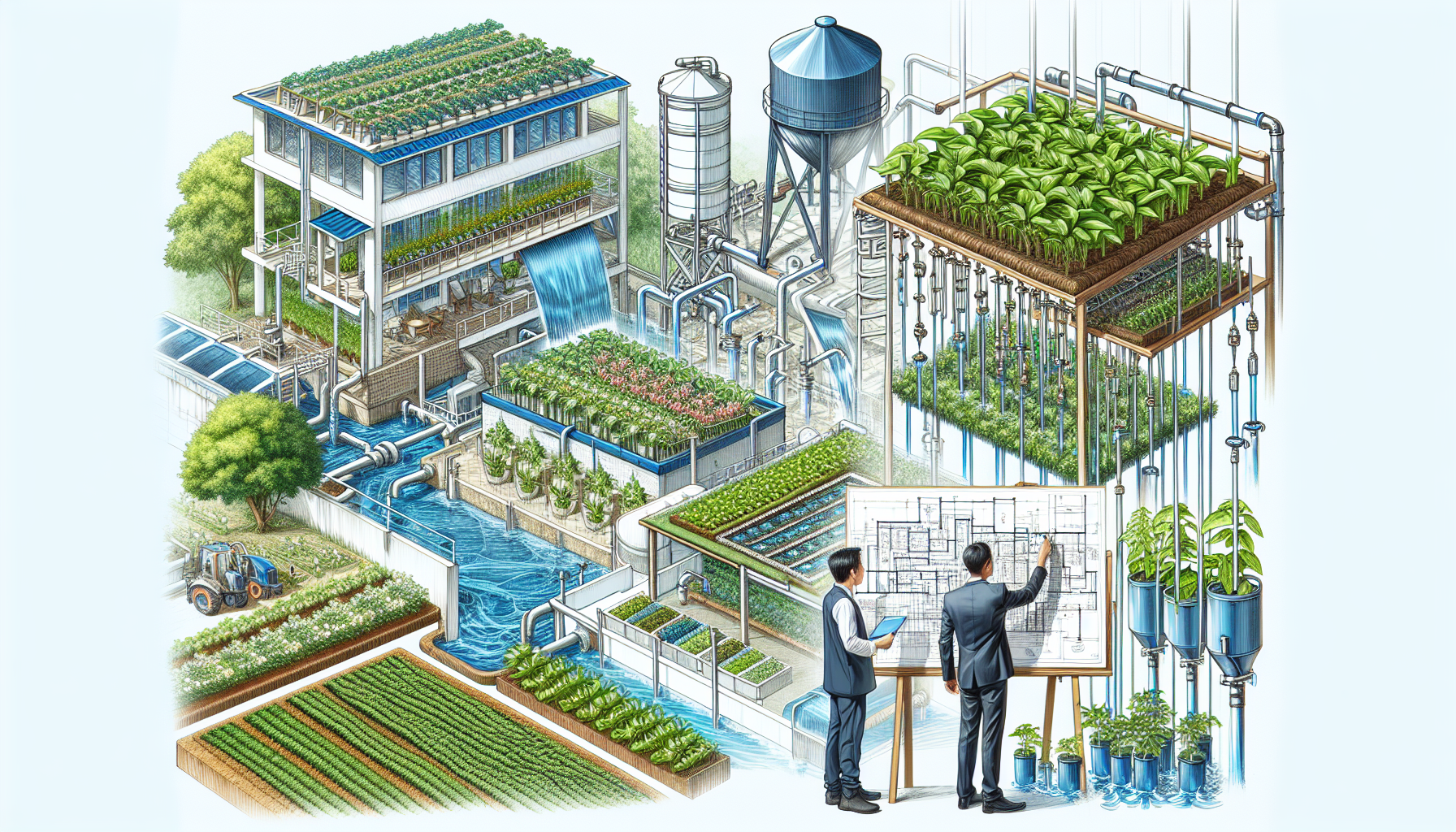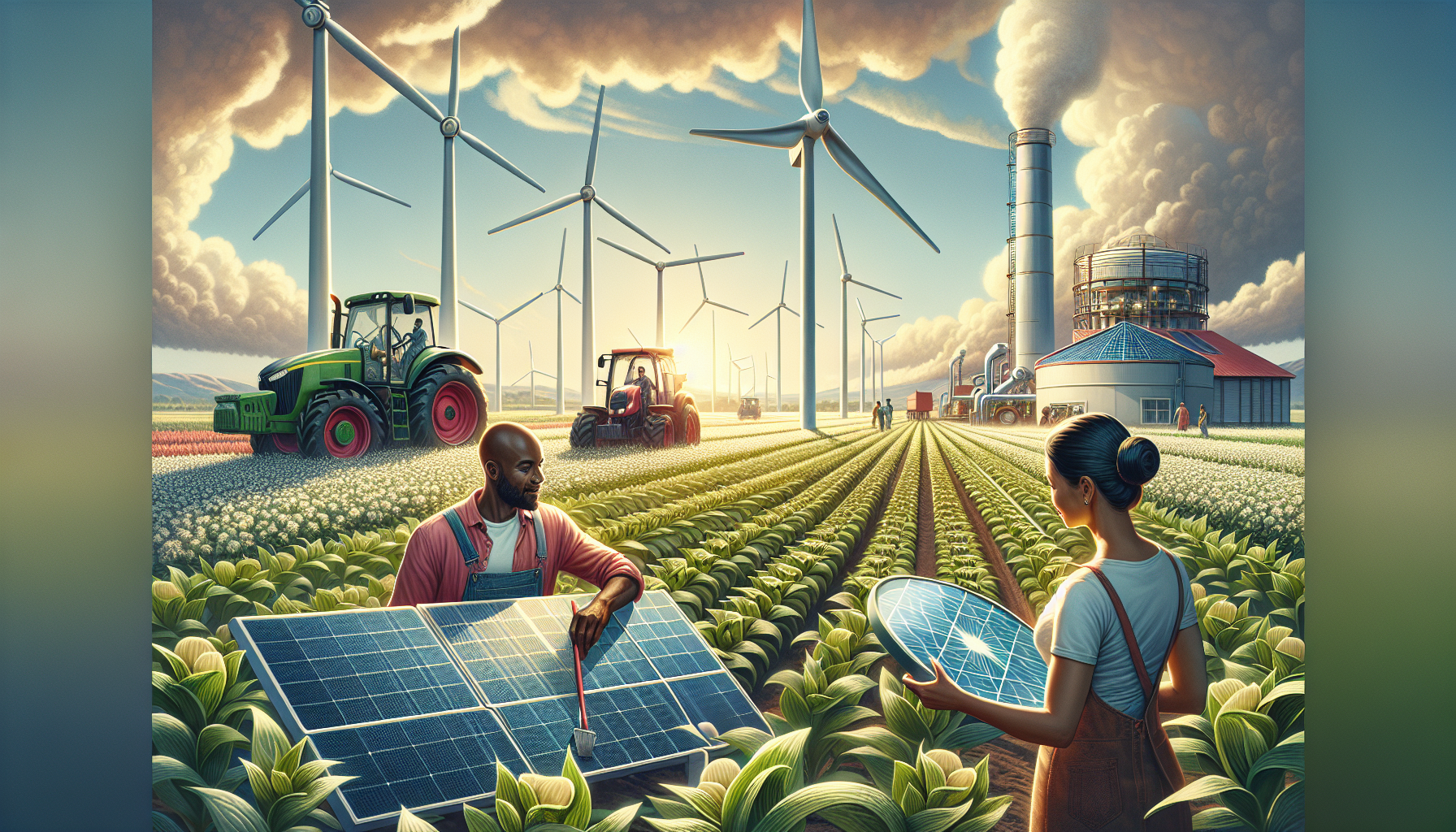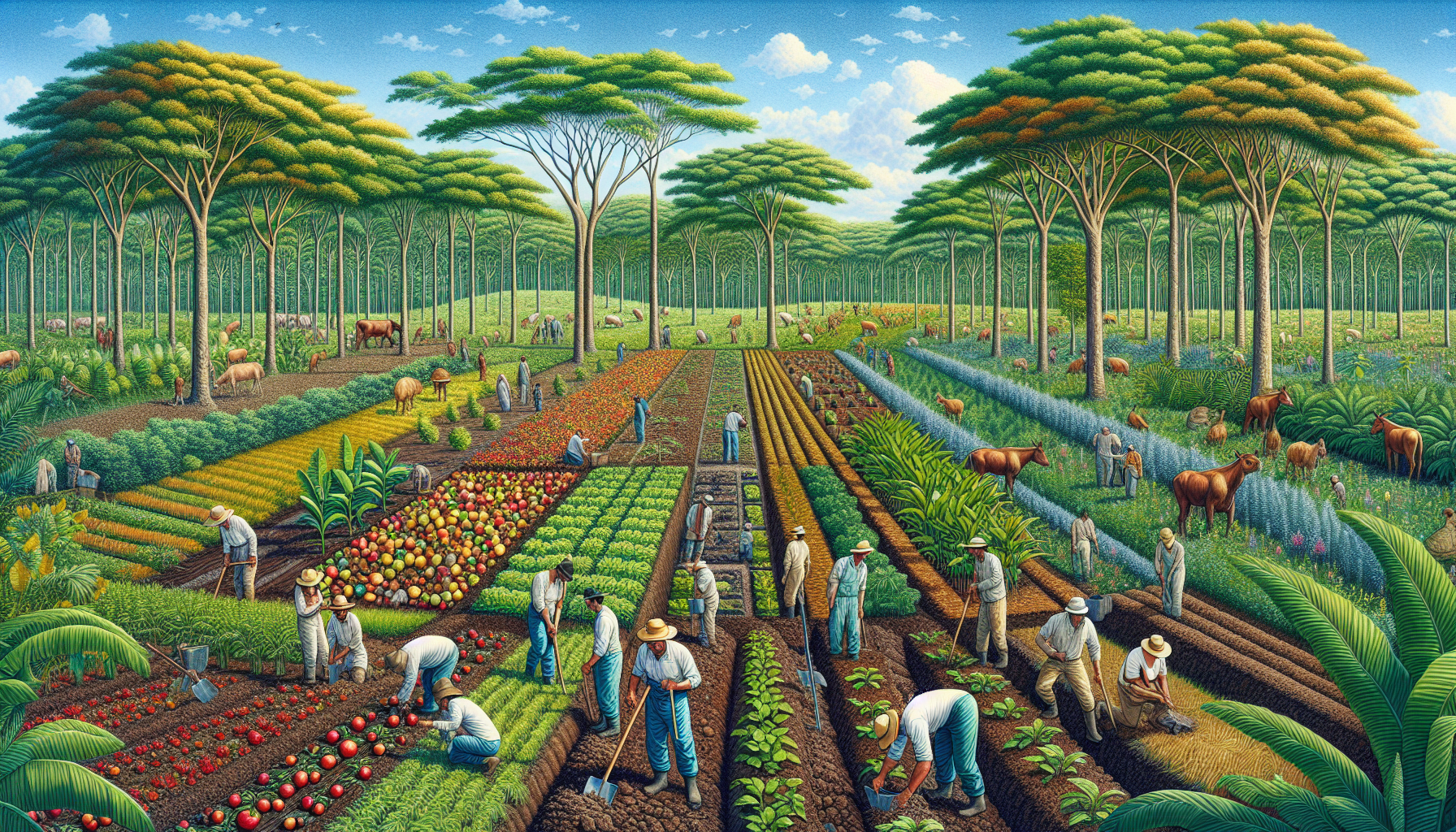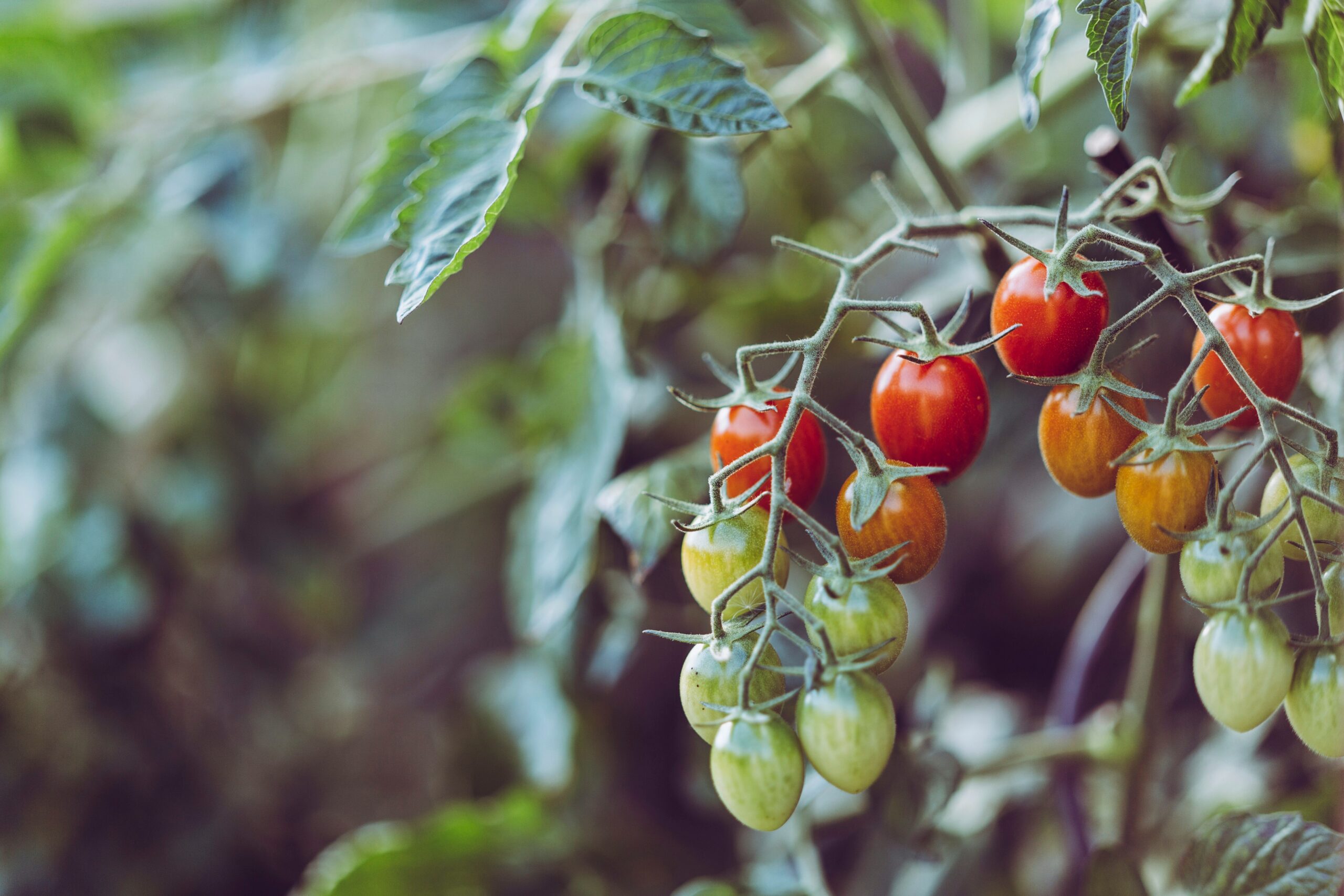Introduction
Agriculture has always been the backbone of human civilization, providing food, fiber, and economic stability. However, modern farming faces two conflicting challenges: maximizing productivity to feed a growing population and ensuring sustainability to protect our environment.
Unregulated use of fertilizers, pesticides, and intensive farming techniques have led to soil degradation, water pollution, and biodiversity loss. On the other hand, shifting entirely towards organic or low-yield farming could result in food shortages and economic instability. The solution? A balanced approach that integrates sustainable practices without compromising productivity.
In this blog, we explore how farmers can adopt efficient, eco-friendly farming techniques that maintain high yields while protecting natural resources.
The Challenges of Modern Agriculture
Before diving into solutions, let’s address some of the biggest challenges that modern agriculture faces:
🔴 Soil Degradation – Overuse of chemical fertilizers and monocropping reduces soil fertility.
🔴 Water Scarcity – Excessive irrigation depletes groundwater, while poor water management leads to wastage.
🔴 Climate Change – Extreme weather patterns affect crop yields, making farming unpredictable.
🔴 Pesticide Overuse – Excess chemicals harm biodiversity and pose health risks to humans and animals.
🔴 Agri-Waste Mismanagement – Millions of tons of agricultural waste are generated but not efficiently recycled.
So, how can we increase yields without harming the environment? Let’s explore some key solutions.


Sustainable Yet Productive Farming Practices
🌱 1. Precision Agriculture – Smart farming technologies like drones, IoT sensors, and AI-powered data analytics allow farmers to use resources efficiently. These technologies help in:
✅ Monitoring soil moisture levels to optimize irrigation
✅ Detecting pest infestations early to reduce pesticide use
✅ Mapping field productivity for better crop rotation strategies
🌾 2. Regenerative Farming – This method restores soil health while maintaining high productivity. It includes:
✅ Minimal tillage to preserve soil structure
✅ Cover cropping to enhance soil nutrients
✅ Organic matter addition to increase water retention
💧 3. Efficient Water Management – Smart irrigation techniques help conserve water while ensuring proper hydration for crops:
✅ Drip irrigation reduces water wastage by delivering moisture directly to the roots
✅ Rainwater harvesting stores water for dry seasons
✅ Mulching helps in moisture retention and prevents soil erosion
🛢️ 4. Sustainable Fertilization – Instead of relying on synthetic fertilizers, farmers can use:
✅ Biofertilizers made from natural microorganisms
✅ Compost and manure to enrich soil health
✅ Crop rotation and leguminous plants to fix nitrogen in the soil
🐞 5. Integrated Pest Management (IPM) – Overuse of pesticides harms the ecosystem. A balanced approach includes:
✅ Introducing natural predators (e.g., ladybugs to control aphids)
✅ Using pest-resistant crop varieties
✅ Applying biological pest control methods instead of synthetic chemicals
♻️ 6. Agri-Waste Utilization – Converting waste into valuable by-products reduces pollution and boosts productivity. Examples include:
✅ Converting rice husk into silica and biochar
✅ Using crop residues to produce organic compost
✅ Turning farm waste into renewable biofuels
🌳 7. Agroforestry & Crop Diversification – Instead of monoculture farming, integrating trees and multiple crops:
✅ Enhances biodiversity and ecosystem balance
✅ Reduces soil erosion and maintains fertility
✅ Provides additional income sources for farmers
The Future of Sustainable Agriculture
To achieve a balance between productivity and sustainability, farmers, policymakers, and agricultural researchers must work together. Some key future trends include:
🚀 AI and Automation – Smart robots for planting, watering, and harvesting to reduce labor and resource wastage.
🌿 Climate-Resilient Crops – Developing crop varieties that can withstand extreme weather conditions.
⚡ Renewable Energy in Farming – Solar-powered irrigation systems and biogas plants for energy-efficient agriculture.
📊 Data-Driven Decision Making – Using Big Data to predict crop diseases and optimize farming practices.
By implementing these strategies, farmers can ensure long-term productivity while protecting the environment.
Conclusion
Agriculture must evolve to meet the demands of the 21st century. A balanced approach that integrates sustainability with high productivity is the only way forward. By adopting smart farming techniques, conserving natural resources, and utilizing agri-waste efficiently, we can create a future where food security and environmental conservation go hand in hand.
🚜 Let’s grow more, waste less, and protect the planet for future generations! 🌍










